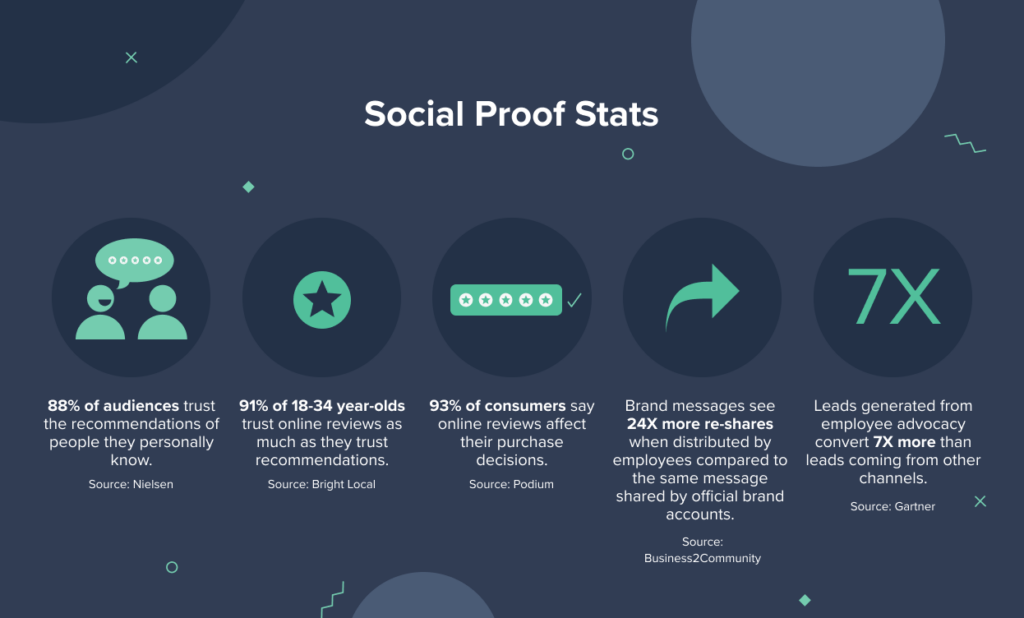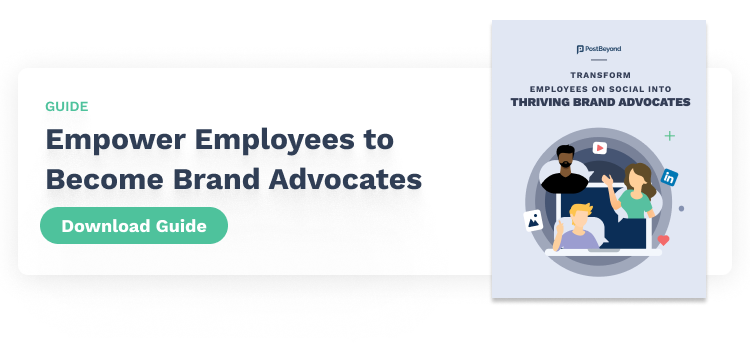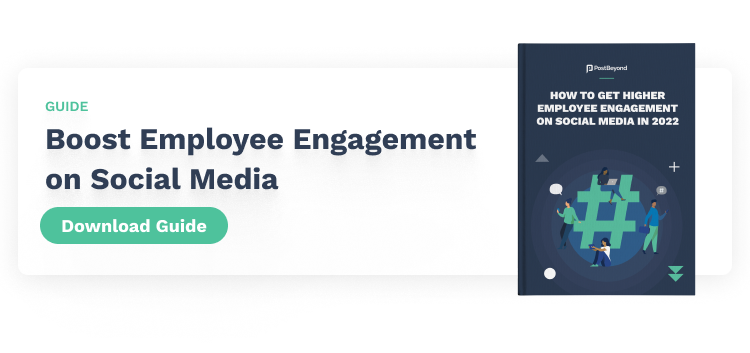As buyers, when we decide to spend money, time or effort towards a product or service, we generally want to see what others have to say about it first.
Why do we trust what others have to say?
Because they’re a source of social proof – i.e. documented actions of other people we think are worth copying or taking on for ourselves.
Ultimately, it’s about trust. We – i.e. the audience – trust what other people have to say about a brand or its products/services more than the brand itself. Not only that, but we also trust data, experts, industry recognition and other sources of third-party validation.
Really, that’s the essence of advocacy – i.e. getting others to speak for you.
In a world where industries are getting more crowded and competitive, and where people are more skeptical and choosy than ever, we can’t underrate the power of social proof.
What is Social Proof?
Social proof is a psychological effect where people use the actions (or decisions, opinions, etc.) of other people as a reference point for making the best decision in the shortest amount of time. In other words, if someone says a certain brand is good, then someone else is likely to take up the same view.
Robert Cialdini, a psychologist and academic, coined the term “social proof” in his 1984 book, “Influence: Science and Practice.” The core idea behind social proof is that humans emulate or copy the actions of other human beings in unfamiliar situations. So, for example, if we head into an event or party, we’ll trust the wisdom of the crowd for ideas on how to blend in.
For us marketers, social proof is like currency for buying audience attention. We used to heavily lean on ads to get our brands in front of more people. Today, we need social proof. This could shape up in a lot of ways, such as reviews, brand advocacy, testimonials and much more.
Why is Social Proof Important?

When it comes to marketing, social proof is important because audiences trust what others have to say about your brand. In other words, social proof helps you amplify your brand, build or grow brand credibility, and attract potential customers to your products and services.
Here are a few stats that show why social proof is key:
- 88% of audiences trust the recommendations of people they personally know.
- 91% of 18-34 year-olds trust online reviews as much as they trust recommendations.
- 93% of consumers say online reviews affect their purchase decisions.
- Brand messages see 24X more re-shares when distributed by employees compared to the same message shared by official brand accounts.
- Leads generated from employee advocacy convert 7X more than leads coming from other channels.
These days, you’ll want to incorporate as much social proof into your marketing strategy as possible. By doing so, you’d basically be marketing through the voice of people your target audience trusts the most. This includes your employees, customers, and partners.
Types of Social Proof: Where Does It Come From?
For audiences, social proof can come from a variety of sources. Of course, people will value the source of the social proof differently. There’s no “one” or “catch all” social proof source that will work in every context or situation imaginable.
Rather, it depends.
The strongest source of social proof varies based on the context. So, for products and services, people will value customer reviews the most. However, a job applicant would likely look at what your employees are saying as a form of social proof.
Here’s how each source of social proof shines through.
Friends & Family
Nielsen found that 83% of audiences trust recommendations from family and friends. These recommendations can drive everything from purchase decisions to considering a job.
Today, social media is among the strongest mediums for driving social proof. Through advocacy, you can mobilize your employees/customers to promote your brand to their personal networks.
Experts
In a lot of cases, customers would love to know about a product from an expert. This is common when it comes to cars, video games, smartphones, wearables and many other goods. Basically, expert-led product reviews and walkthroughs can sway a customer to (or away) from a product.
Likewise, a recommendation from an expert can also go a long way. As a marketer, for example, I want to know what trends and tools the top thought leaders in my industry are using. If I really want to emulate that thought leader, then their recommendations will carry a lot of weight.
Influencers
In the early days of brand ambassador programs, influencers were the go-to source for social proof. The idea used to be that brands would partner with a popular personality (like a singer, celebrity, sports icon, etc) to promote their products and services.
However, traditional influencer marketing isn’t enough. Today’s audiences value authenticity as well. So, celebrity social proof may not be relatable enough for all of your target customers. Not only that, but a Gartner study found that advocate marketing creates more social engagement (e.g. shares and comments) than influencer marketing.
Customers
You’re familiar with the value of customer testimonials and reviews. They’ve been go-to assets for marketers for many years.
However, you can take customer-based social proof to an entirely new level with advocacy. For example, by building a strong relationship with your customers, you can leverage their industry expertise or credibility. This way, their social proof carries more weight than just a testimonial; it could be a stamp of approval by a key expert.
This is just one example. Through an effective customer marketing strategy, you can mobilize customers to create lots of social proof beyond reviews or testimonials.
Employees
One thing careful job applicants will do is check out what your employees are saying about your company. For example, they’ll check out Glassdoor to get their input on the workplace, company culture, pay and other aspects. Likewise, prospects may want an idea of the people they’ll work with if they sign onto your product or service.
However, those examples are only limited to people who are already engaging with your brand.
On the other hand, active employee advocates can get your brand in front of people who aren’t actively engaging your brand (yet). For example, an employee who talks about their experience with your company could get the attention of top talent or potential customers.
The key is to build an employee advocacy strategy that mobilizes your employees to amplify your brand and drive engagement.
Industry Recognition
Recognition from groups like Great Place to Work, G2, TrustRadius and others are also strong sources of social proof. G2, for example, implements a strong process for collecting, reviewing and validating the authenticity of customer reviews, which makes it a trusted source of reviews or recognition awards.
Not only that, but in some ways, these organizations also give people a way to benchmark your company with others. The more you invest in areas like company culture, employee wellbeing, customer experience and others, the more you’ll rise in rank relative to other companies.
Next Steps: How to Use Social Proof in Marketing
You can get social proof from a variety of places. But the key is to hone your marketing strategy towards getting employees, customers, partners and others to speak for your brand. Basically, you need to make third-party validation a key part of your marketing.
It’s a good idea to start close to home – i.e. your employees. You already have a base that can make a difference if you engage them. With the right strategy, you can create a team of active and powerful employee advocates.
For More on Getting Your Employees to Promote Your Brand:
- Driving Employee Advocacy on Social Media
- Employee Engagement Ideas
- Internal Marketing: Use It to Engage Your Employees







